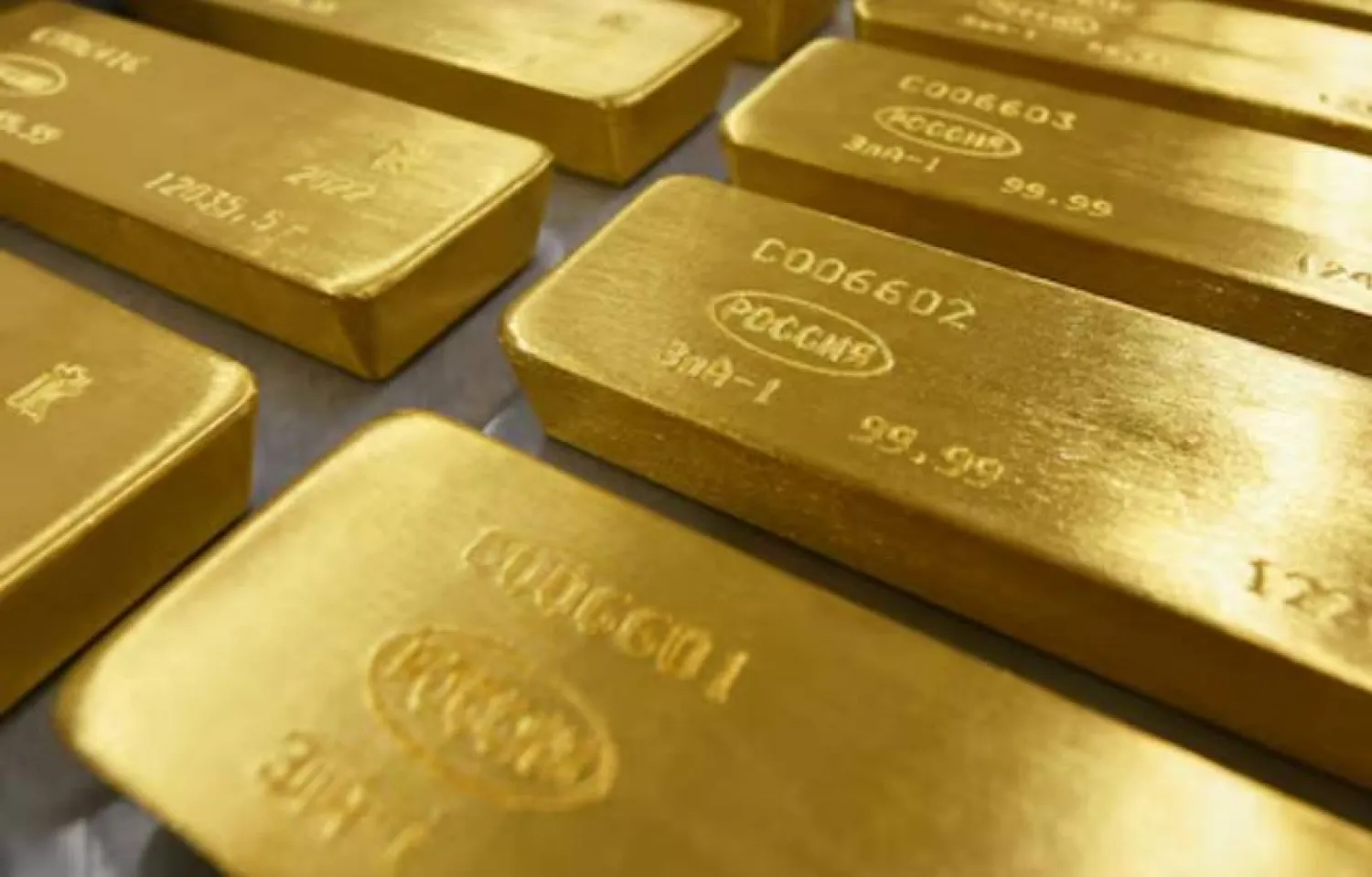Gold prices rose to a record high on Monday, as a softer US inflation report cemented bets that the Federal Reserve would deliver its first interest rate cut of the year in June.
Spot gold was up 1.2% at $2,258.71 per ounce, as of 0328 GMT, after hitting an all-time high of $2,259.49 earlier in the session. US gold futures gained 1.8% to $2,279.10.
"The absence of any upside surprises in the core PCE price index release may have provided further go-ahead for gold prices to push into new record territory," said IG market strategist Yeap Jun Rong, referring to the personal consumption expenditures (PCE) price index report.
The core reading now at its lowest level in almost two years potentially offers some validation for the Fed to kick-start its rate-cutting process sooner rather than later, Jun Rong said.
US prices moderated in February, with the PCE price index rising 0.3%, data showed on Friday.
The latest US inflation data is "along the lines of what we would like to see," Fed Chair Jerome Powell said, indicating that a June interest rate cut was on the table, Reuters reported.
Traders are currently pricing in a 69% probability that the Fed would begin cutting rates in June, up from 64% before the data came in on Friday, according to the CME Group's FedWatch Tool.
Lower interest rates reduce the opportunity cost of holding bullion.
Gold logged its biggest monthly rise in more than three years in March after a blistering rally fueled by rate-cut bets, strong safe-haven demand and central bank buying.
"Positioning among money managers may have touched a two-year high lately, but are still not at extended levels such as in 2016 or 2020, which may suggest room for further catch-up buying," Jun Rong said.
Spot silver rose 0.7% to $25.15 per ounce, platinum was up 0.6% at $913.65 and palladium climbed 0.8% to $1.022.70.
Gold Hits Record High

Marked ingots of 99.99 percent pure gold are placed in a cart at the Krastsvetmet non-ferrous metals plant in the Siberian city of Krasnoyarsk, Russia March 10, 2022. REUTERS/Alexander Manzyuk/File Photo

Gold Hits Record High

Marked ingots of 99.99 percent pure gold are placed in a cart at the Krastsvetmet non-ferrous metals plant in the Siberian city of Krasnoyarsk, Russia March 10, 2022. REUTERS/Alexander Manzyuk/File Photo
لم تشترك بعد
انشئ حساباً خاصاً بك لتحصل على أخبار مخصصة لك ولتتمتع بخاصية حفظ المقالات وتتلقى نشراتنا البريدية المتنوعة







